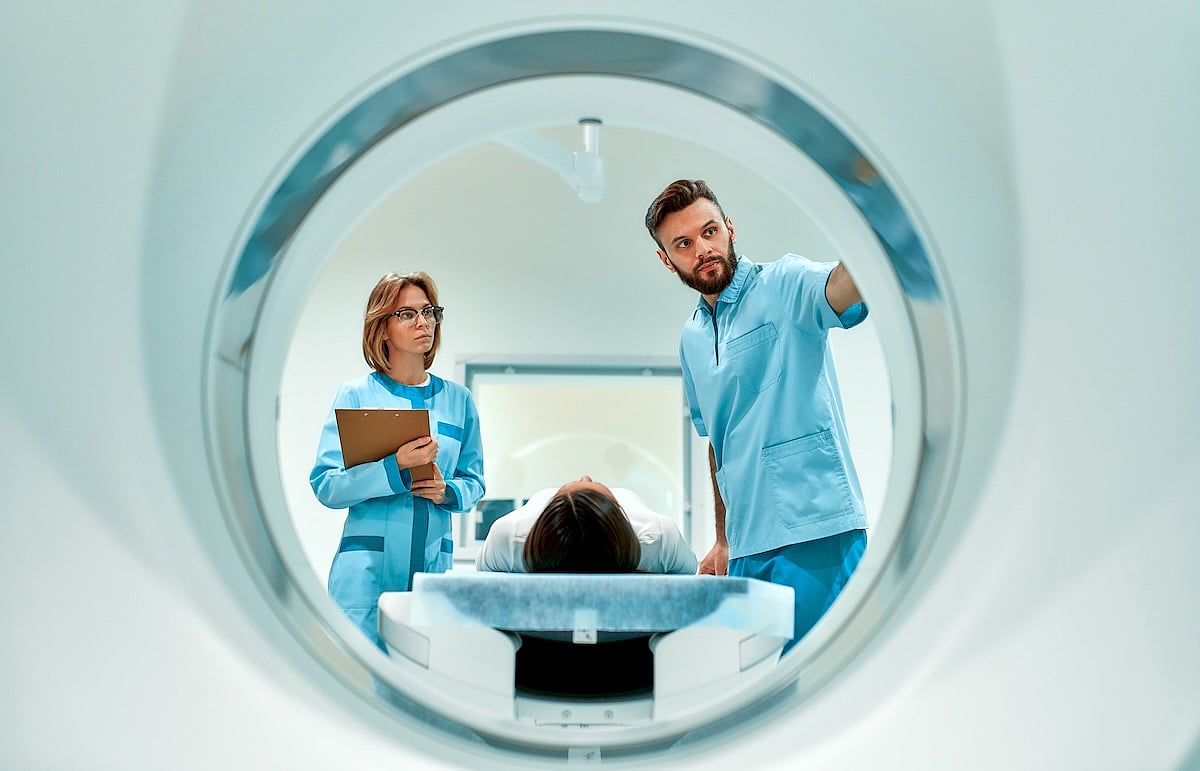
Increased use of hallucinogens like psilocybin hasn’t created an increase in ER visits or hospitalizations for bad trips, researchers recently reported in JAMA Network Open. “In fact, after a small rise through early 2020, admissions declined through 2023, with no correlation to decriminalization policies,” senior researcher Dr. Kevin Xu, an assistant professor of psychiatry at… read on > read on >






























